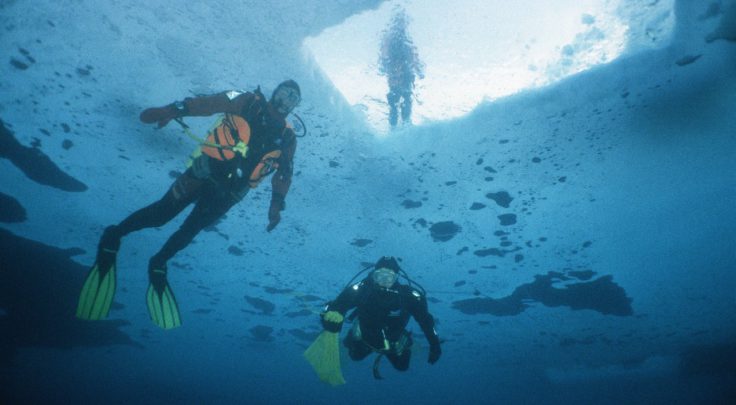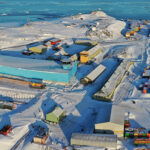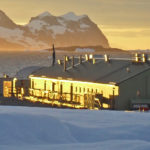Monitoring climate change in action
- Start date
- 29 October, 2015
Long term science
We know that our world is changing due to human influence. But how is it changing?
Some areas, such as the Antarctic Peninsula, are changing more rapidly than most other regions on the planet and at rates faster than at any time on record. Hence, there is an urgent requirement for science and society to understand the responses of the organisms around us to this change and predict what future communities and ecosystems will look like.
Rothera Research Station on the Antarctic Peninsula is in a hot spot of regional climate warming and therefore the ideal place to study climate change in real time. However to identify such effects it is essential to disentangle them from the complex patterns of seasonality and inter-annual variation. This is where long-term datasets are essential, providing robust base-line data for the analysis of the effects of climate change.

Since Near-shore Marine Biology was moved to Rothera in 1997, we have been conducting biological long-term monitoring in both the marine and terrestrial environments. These represent some of the longest continuous datasets in the Southern Ocean. Whilst this is a long-standing science commitment, it is not a static programme and we are continually expanding our environmental tool kit by including new developments such as Remotely Operated Vehicles (ROVs) and metagenomic sequencing.
We also engage in a comprehensive collaborative programme with UK universities and international colleagues. This programme is part of the Rothera Antarctic Time Series (RaTS) and contributes to the BAS Grand Challenge of Polar Change.
This is a multidisciplinary study with contributions from several projects.
Our aims are to:
- Conduct comprehensive biodiversity studies in Ryder Bay, off Rothera Research Station. We will analyse different depths and habitats using standard techniques, with all data made publicly available via the Polar Data Centre. These will provide baseline data for monitoring potential longer term climate change effects.
- Monitor reproductive capacity in eight marine invertebrates
- Monitor the frequency of ice berg scour and the effects on biodiversity
Melody Clark
Genetics Leader IMP 3
BAS Science Management Team, Biodiversity, Evolution and Adaptation team
Project collaborators
Dr Laura Grange, University of Southampton/the National Oceanographic Centre
Dr Ben Wigham, University of Newcastle
Dr Gordon Watson, University of Portsmouth


